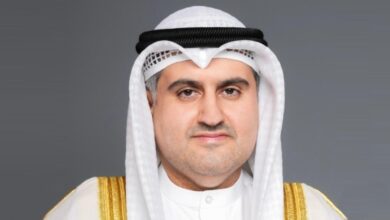Resilient growth for Islamic finance in 2024 and 2025: S&P
While challenges remain, such as attracting capital outside core markets and the impact of oil-related factors, the industry also benefits from competitive advantages in the Gulf.

The Islamic finance industry is witnessing continued growth in asset size, albeit concentrated in a few key markets, according to S&P Global Ratings. The agency expects all segments of the industry to contribute positively to growth throughout the remainder of the year.
Global Islamic finance assets continue to grow, with S&P projecting high single-digit growth in 2024 and 2025, following an 8% increase in 2023.
Sukuk Market
Sukuk issuances are showing healthy but moderating growth, with S&P estimating volumes between $160 billion and $170 billion in 2024 compared to $168.4 billion in 2023 and $179.4 billion in 2022.
The global sukuk market started 2024 on a strong note, with total issuances reaching $46.8 billion in the first quarter compared to $38.2 billion during the same period in 2023.
Islamic funds and Takaful growth
S&P expects Islamic funds and takaful (Islamic insurance) segments to expand further this year.
While Islamic finance struggles to attract more capital outside its core markets, Islamic banking remains in its nascent stages. Islamic banking asset growth accounted for 56% of industry growth in 2023 compared to 72% in 2022.
Gulf domination
Gulf financial institutions accounted for 86% of Islamic asset growth in 2023, with Saudi Arabia being the primary driver, contributing 56.7%. S&P anticipates that the implementation of Saudi Vision 2030 and growth in corporate and real estate lending will continue to support the Islamic finance industry over the next 12 to 24 months.
S&P notes that Gulf countries were home to 70% of Islamic banking assets and 37% of sukuk issuances in 2023. However, the agency highlights that the impact of oil production and prices, along with investor appetite for oil-related sectors, pose a long-term risk to Gulf economies, sovereign ratings, and the banking system.
Despite these risks, S&P believes that Gulf countries still hold significant competitive advantages, such as low oil production costs and the ability to increase output, which are likely to be positive factors for Gulf economies and their banking sectors.
If sukuk become more like equity instruments, S&P believes that investor and issuer appetite, as well as pricing mechanisms, are likely to change significantly. Sustainable and digitized sukuk could help support future contributions to the Islamic finance industry.















